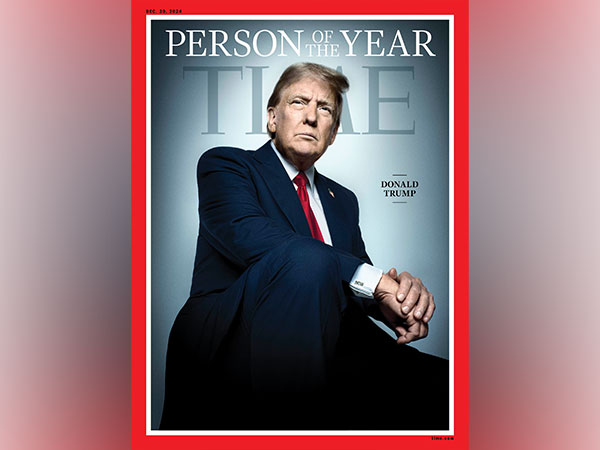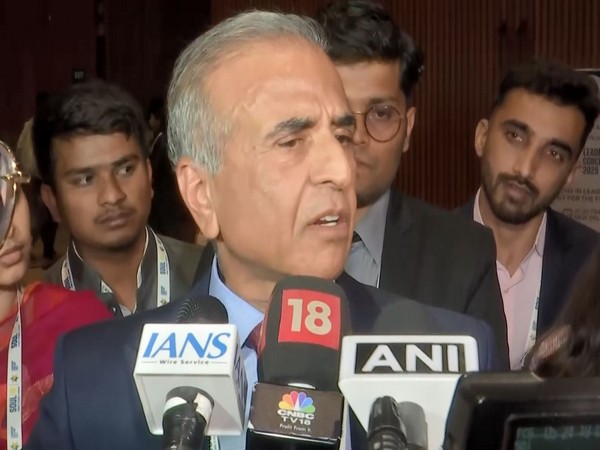
By Rajan George
Luigi Mangione (26) was a privileged child who attended a $40,000-a-year high school, where he graduated as valedictorian. He earned two Ivy League degrees from the University of Pennsylvania and came from one of the wealthiest families in Baltimore, Maryland. The future seemed bright and full of promise. However, Luigi proved himself to be a spoiled brat with misplaced priorities.
In stark contrast, Brian Thompson (50), the United Healthcare CEO whom Luigi mercilessly murdered by shooting him three times to ensure his death, came from humble beginnings. Thompson’s father worked as a grain operator in Iowa, and he attended the University of Iowa. Through hard work and perseverance, he climbed his way up to become the CEO of United Healthcare—one of the largest insurance companies in the world. By killing Thompson, Luigi orphaned two innocent children and widowed a loving wife.
All the evidence collected so far indicates that the murder was premeditated. News reports confirm that DNA tests from items found at the crime scene match Luigi’s, placing him squarely at the center of this heinous act. If proven guilty, he faces the possibility of spending the rest of his life in prison.
There is little room for empathy in a case involving the cold-blooded, premeditated murder of an innocent man. While Luigi may have harbored resentment toward the health insurance industry for personal reasons, taking a life as an outlet for his frustrations neither resolves the crisis nor addresses the underlying problem. There were far better avenues he could have pursued to seek redress. Counseling, therapy, or medical intervention for his trauma could have helped—a reasonable and expected course of action for someone of his education and background.
Instead, Luigi chose self-destruction. His actions have ruined not only his own life but also the lives of those directly and indirectly affected. Such recklessness shows a severe lack of foresight and prudence. By failing to consider the repercussions of his actions—once caught and brought to justice—he has effectively thrown away a promising future.
Meanwhile, social media has erupted with calls to “Free Luigi,” as memes and hashtags glorifying him trend across platforms. Shockingly, it appears that many women are willing to overlook his heinous crime because of his physical appearance. Major news outlets report that women are expressing romantic interest in Luigi, and Amazon is awash with “Free Luigi Mangione” merchandise.
Scores of women have publicly declared their desire to visit him in prison, some even voicing fantasies of conjugal relationships—regardless of his guilt. While it’s not unusual to empathize with criminals, this infatuation goes far beyond reason. To publicly express a desire to engage in intimacy with a convicted murderer reflects a troubling sickness—one that demands introspection and treatment.
Attraction itself is natural, but when directed toward someone who has committed such a brutal crime, it becomes deeply irrational. Falling for someone based solely on physical appearance, without regard for their actions or character, reveals a profound moral and mental imbalance. Those who are blinded by this shallow infatuation should take note: such behavior points to a psychological disorder that requires intervention.
Women who unabashedly share their fantasies with the world are inadvertently exposing the moral decay present in society. The willingness to romanticize a cold-blooded killer reflects not only personal depravity but also a broader cultural crisis.
It is a sobering reminder that misplaced priorities, unchecked infatuation, and a failure to exercise due diligence can ruin lives—both the victim’s and the perpetrator’s.






